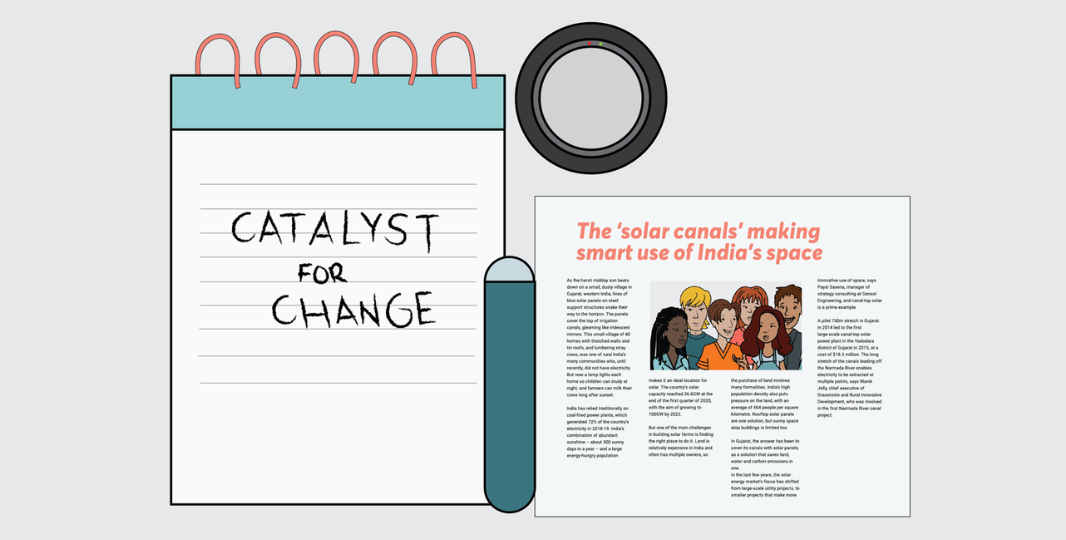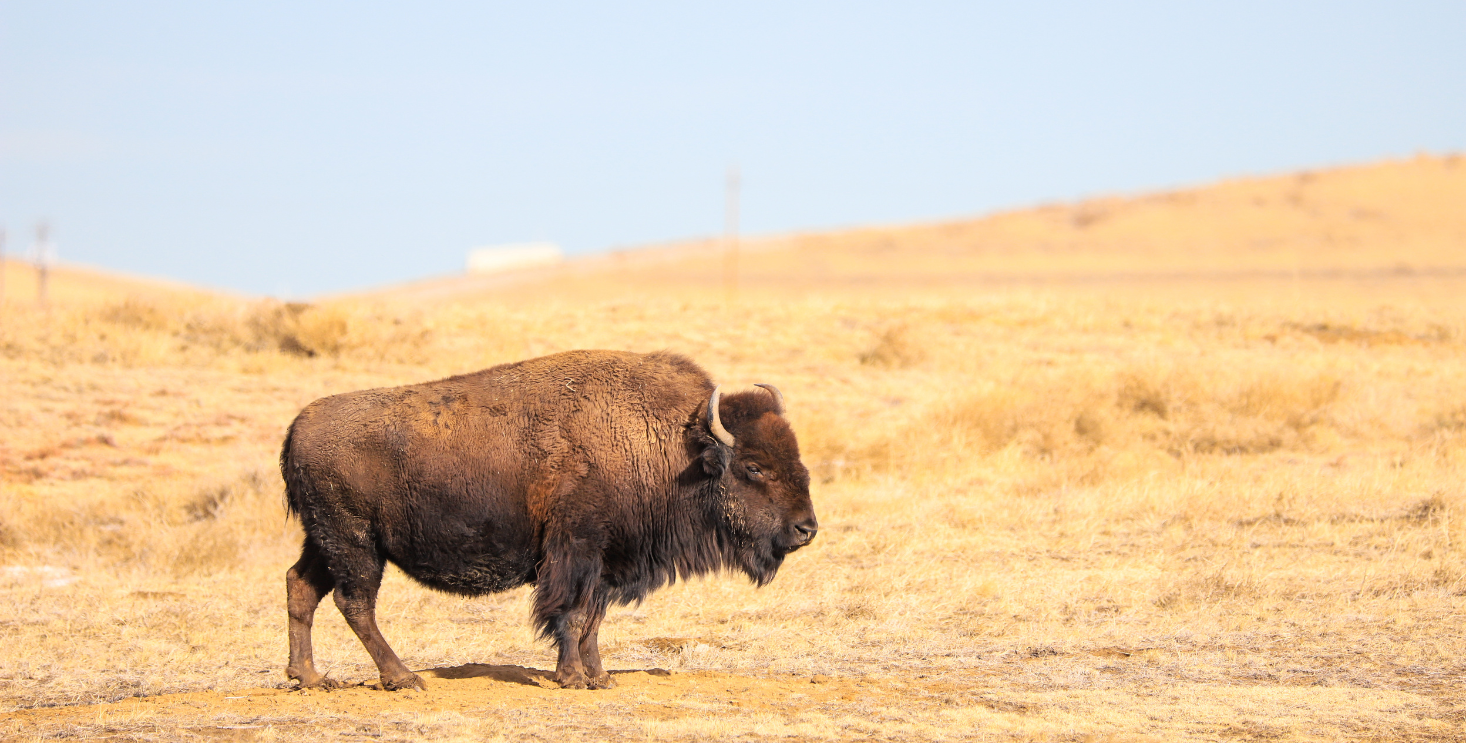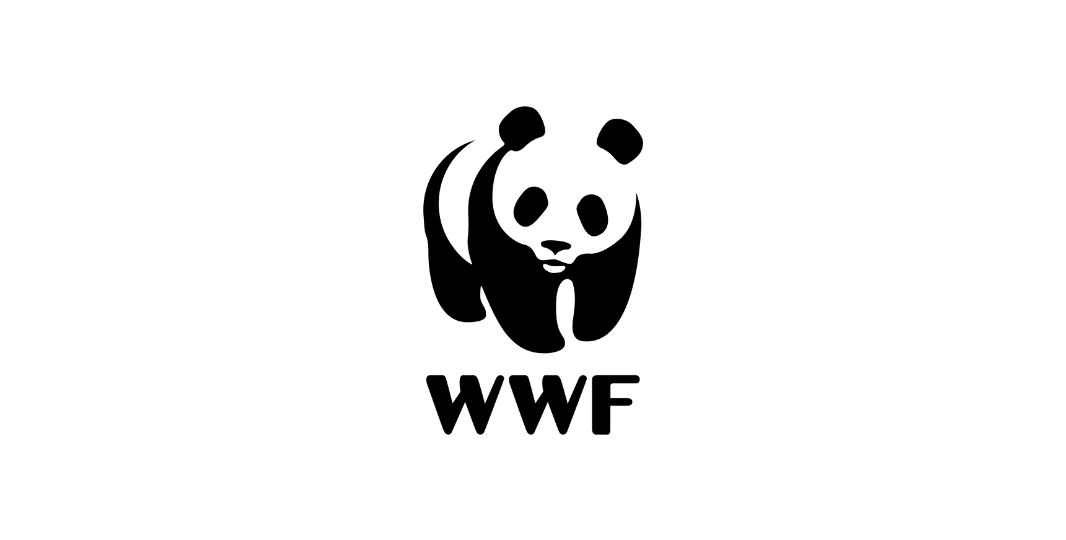The Foundations’ Environmental Solutions portfolio pursues a vital objective: to empower individuals and institutions to take more effective action on climate change. Central to this work is an approach known as organizational direction, which is providing expert assistance to entities seeking to align their operations with environmental sustainability goals. Unlike strategies that apply external pressure, organizational direction builds internal momentum for change by equipping decision-makers with the tools, insights, and collaborative opportunities they need to shift practices voluntarily and strategically. This method is particularly effective in sectors where climate innovation is lagging, yet the potential for impact is considerable.
One of AVDF’s recent efforts to advance this approach is a $300,000 grant awarded in 2023 to the World Wildlife Fund (WWF) to support its Renewable Thermal Collaborative (RTC). The RTC is a coalition of energy buyers, service providers, and technology firms working to overcome the barriers that prevent industrial sectors from switching to renewable thermal energy sources. While public discourse tends to emphasize the climate impacts of electricity generation and transportation, industrial thermal energy—used in processes such as manufacturing, food processing, and chemical production—accounts for more than 12% of U.S. greenhouse gas emissions. This figure exceeds that of the entire agricultural sector. Furthermore, the renewable energy solutions widely adopted in other sectors often do not translate to industrial contexts due to differences in energy intensity, technology readiness, and cost structures.
To address this overlooked challenge, the RTC has set ambitious targets: increasing renewable thermal energy use by 20% by 2026 and 150% by 2030, thereby reducing industrial thermal emissions by 30% by the end of the decade. AVDF’s grant specifically supported the RTC’s campaign to scale the adoption of industrial heat pumps—devices that provide fossil-fuel-free thermal energy for industrial operations. A 2022 cross-sector analysis by the RTC identified these pumps as a key near-term solution, due to growing interest from federal agencies, improved technical performance, and compatibility with various high-emission sectors.
This investment aligns with AVDF’s broader mission to support innovative, system-level approaches to environmental stewardship. “Our support for the Renewable Thermal Collaborative reflects AVDF’s commitment to practical, scalable solutions for climate action. The World Wildlife Fund is helping to equip leading organizations with the tools and partnerships that are needed to reduce industrial emissions across many key sectors,” said John Churchill, AVDF Vice President of Grants and Programs.
Guided by this shared vision, WWF successfully fulfilled the core objectives of its one-year grant, laying critical groundwork for the RTC’s long-term impact. The initiative convened a working group composed of over 150 stakeholders, including corporate energy users, solution providers, and policymakers. This group held five virtual meetings to share knowledge, identify barriers, and coordinate solutions. In parallel, the RTC developed a robust strategic work plan to guide its heat pump promotion efforts.
Public engagement and policy education were also central to the campaign’s success. The RTC hosted a congressional briefing outlining the technology, environmental and economic benefits, and policy levers associated with industrial heat pumps. To support market transformation, the RTC published an action-oriented playbook for industrial energy customers, providing guidance on engaging utilities to improve pricing structures that would make renewable thermal energy more viable. Late in 2024, the RTC organized two key events: one drew over 120 participants and featured case studies from companies like Mars and Unilever, while the second brought together leaders from Cargill, Thermo Fisher Scientific, Skyven, and Alliant Energy to explore collaborative paths forward.
These efforts have already yielded encouraging results. Participation in the RTC’s working group continues to grow, and several members are now in the early stages of deploying industrial heat pumps. Building on this momentum, AVDF awarded a second $300,000 grant to WWF in 2025 to expand RTC’s impact. The new grant will fund activities aimed at engaging utility companies, educating industrial customers, and informing policymakers about the opportunities and imperatives of scaling renewable thermal energy.
Specifically, the RTC will organize strategic convenings with stakeholders from four key groups—utilities, industrial energy users, state regulatory commissions, and policymakers. These engagements are designed to foster shared understanding, catalyze new utility incentive structures, and support real-world transitions to clean thermal technologies such as electric boilers and industrial heat pumps. While WWF will not engage in lobbying, these activities are expected to inform policy development and utility practices in ways that align with AVDF’s philanthropic mission.
By the conclusion of this second grant period, WWF aims to achieve several measurable outcomes: at least one or two utility companies will design incentive programs to support industrial decarbonization; at least one or two companies will complete the transition to renewable thermal energy; and the RTC will publish a strategy document showcasing these developments as replicable models.
AVDF is supporting organizations that are designing and demonstrating practical pathways to systemic change. The RTC provides a compelling model of how targeted, collaborative interventions can catalyze sectoral transformation and accelerate progress toward a low-carbon future.
Back to all Stories


